India already accounts for about 18% of the global population and is expected to become the world’s most populated country by 2023. Estimations by the Indian Council of Agricultural Research (ICAR) show that demand for eggs, fruits, vegetables, and milk will be more than twice what it was back in 2000, while the market for foodgrains is expected to jump by more than 85% by 2030.
As stated by Niti Aayog, it is believed that by 2035, AI can potentially add $1 trillion to India’s economy. Experts say a substantial amount of this would be in agriculture. The Centre estimates that, especially with adopting new AI technologies, the value of the Indian agri-tech market will rise exponentially by $204 million. And according to the Economic Survey, GDP contribution from agriculture has increased from 17.8% in 2019-20 to 19.9% in 2020-21 since the industry demonstrated a considerable boost even during the pandemic.
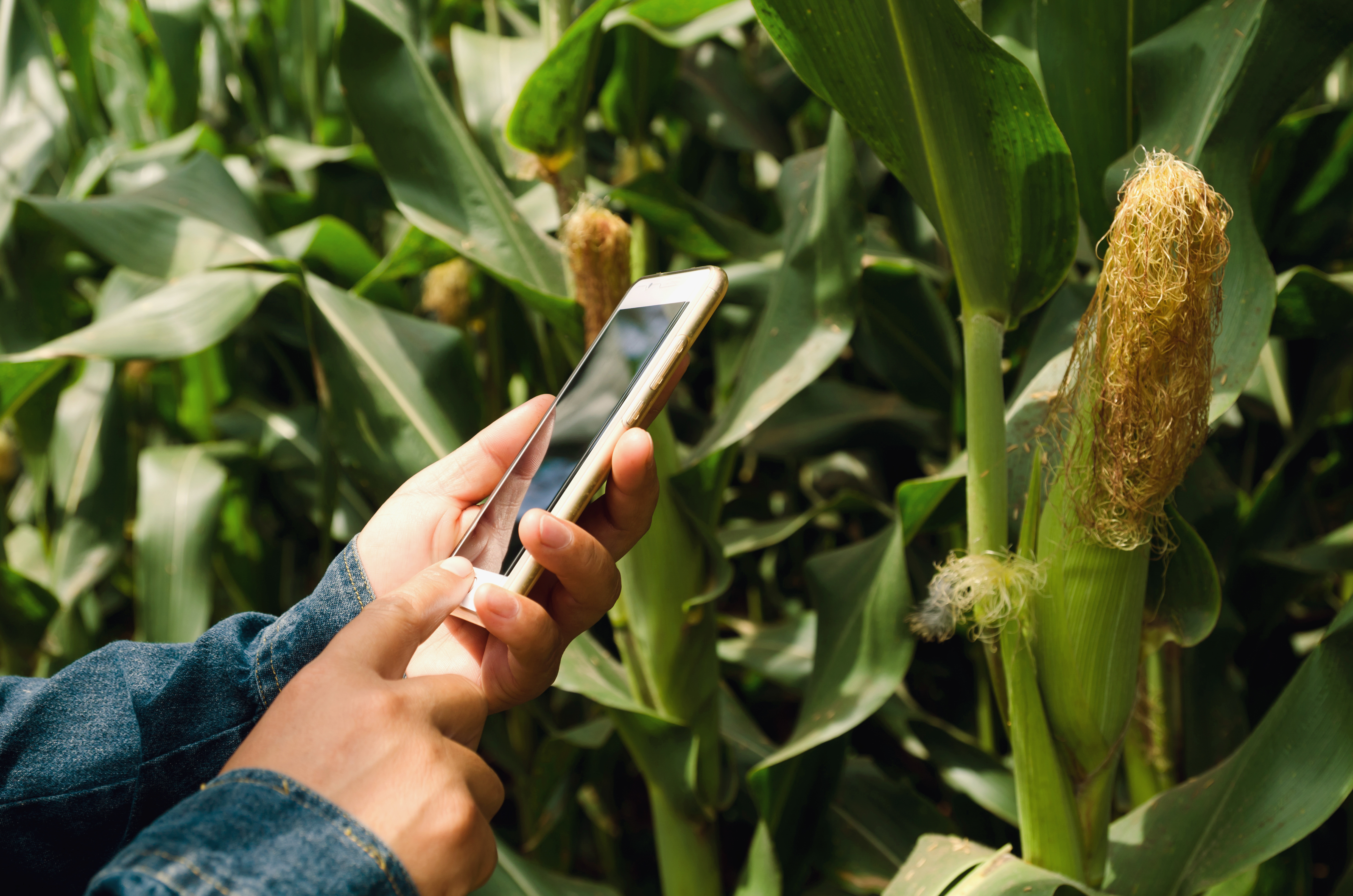
However, AI can help in efficient and cost-effective resource management. It has a vast potential to be proved as a powerful tool that can help organizations cope with the increasing complexity of modern agriculture. Some of the significant benefits of investing in AI for farmers are mentioned below.
- Output yield estimates and price forecasts will help farmers obtain maximum profits.
- AI sensors can detect weed-affected areas to precisely spray herbicides preventing over or under-use of herbicides.
- Predictive insights such as timing for sowing for maximum productivity can help farmers reduce the impact of weather.
- It can aid in the motive of doubling the farmers’ incomes
- AI-driven robots can be used to harvest huge volumes faster; be trained on data for a specific variety, weather conditions & location, taking into consideration byproducts to reduce wastage
- AI and machine learning can help monitor crop health and diagnose pest/soil defects and nutrient deficiency on a real-time and predictive basis aiding farmers in obtaining higher yields
- AI-based solutions trained on prior info and classification of plant diseases can help control disease
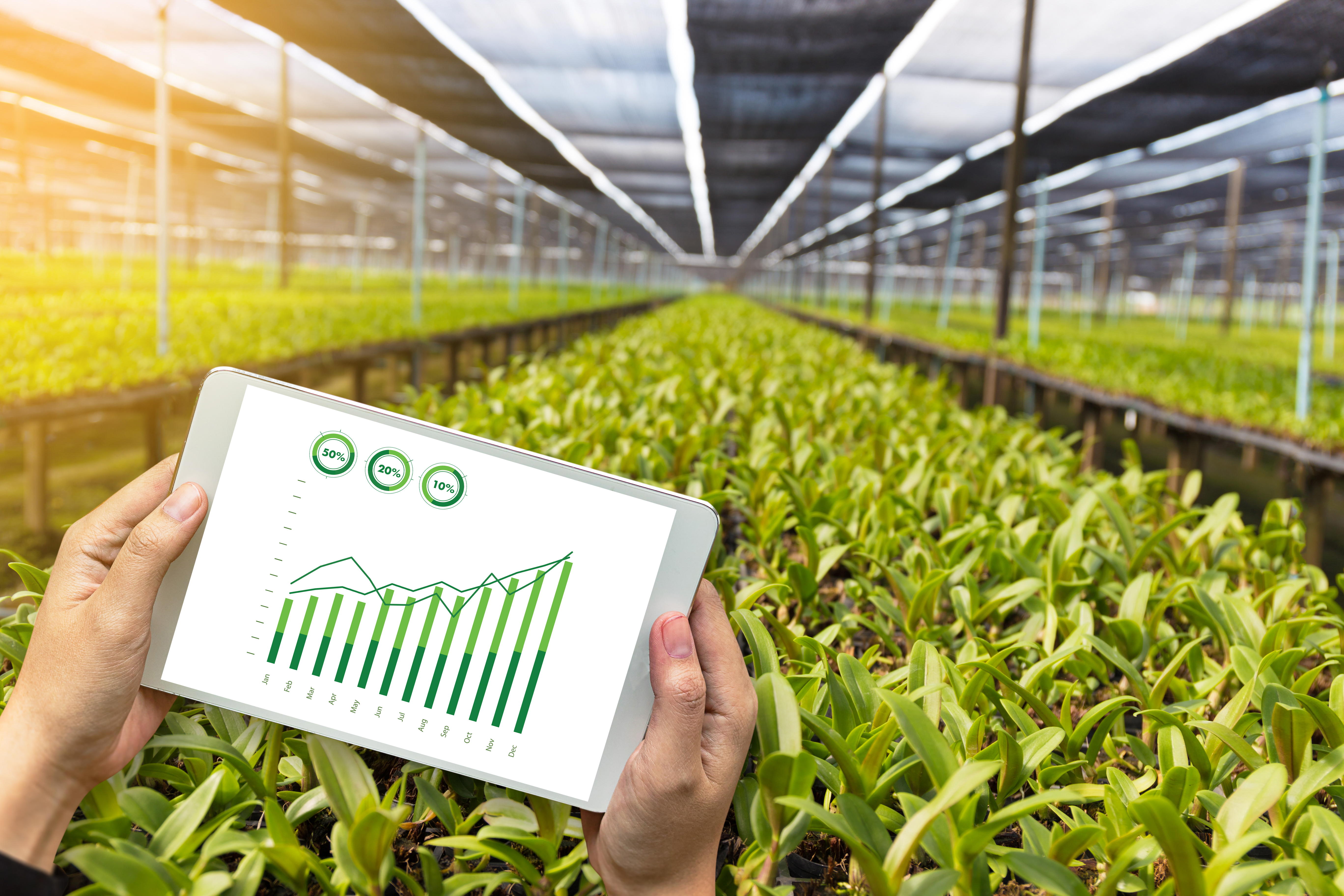
Conclusion
agribazaar combines these technologies that allow farmers to achieve higher average yields and better control over prices. It integrates sensors with computers, satellite imagery, and supercomputing facilities for research to develop systems that will help reduce uncertainty and risk in agricultural operations. Such AI-enabled solutions can help advise farmers for critical agricultural operations and climatic events.
With the right mix of participation from public and private institutions, AI can soon prove to be a boon to the agricultural sector, not just in India but worldwide, and can help ensure food security for all.

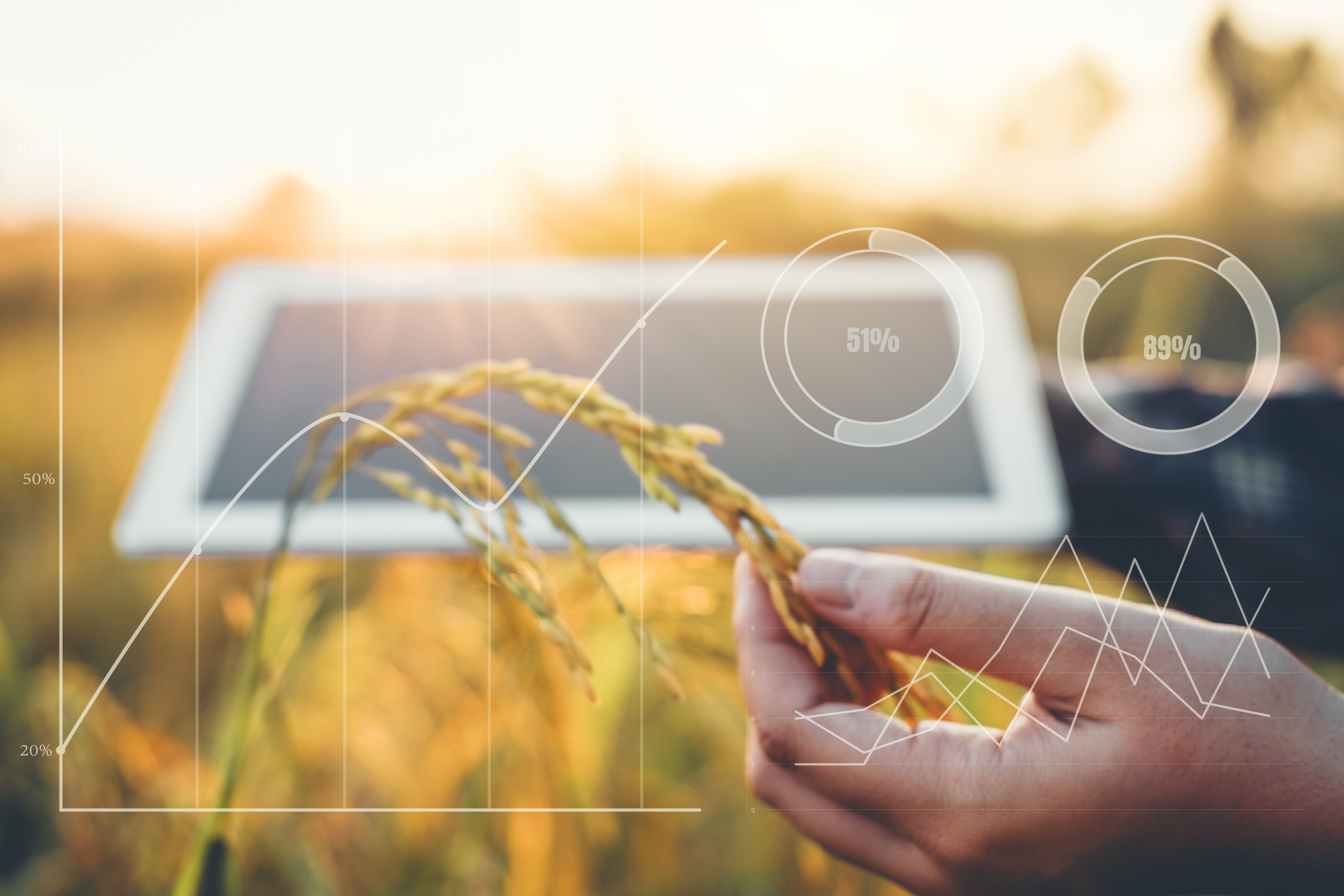
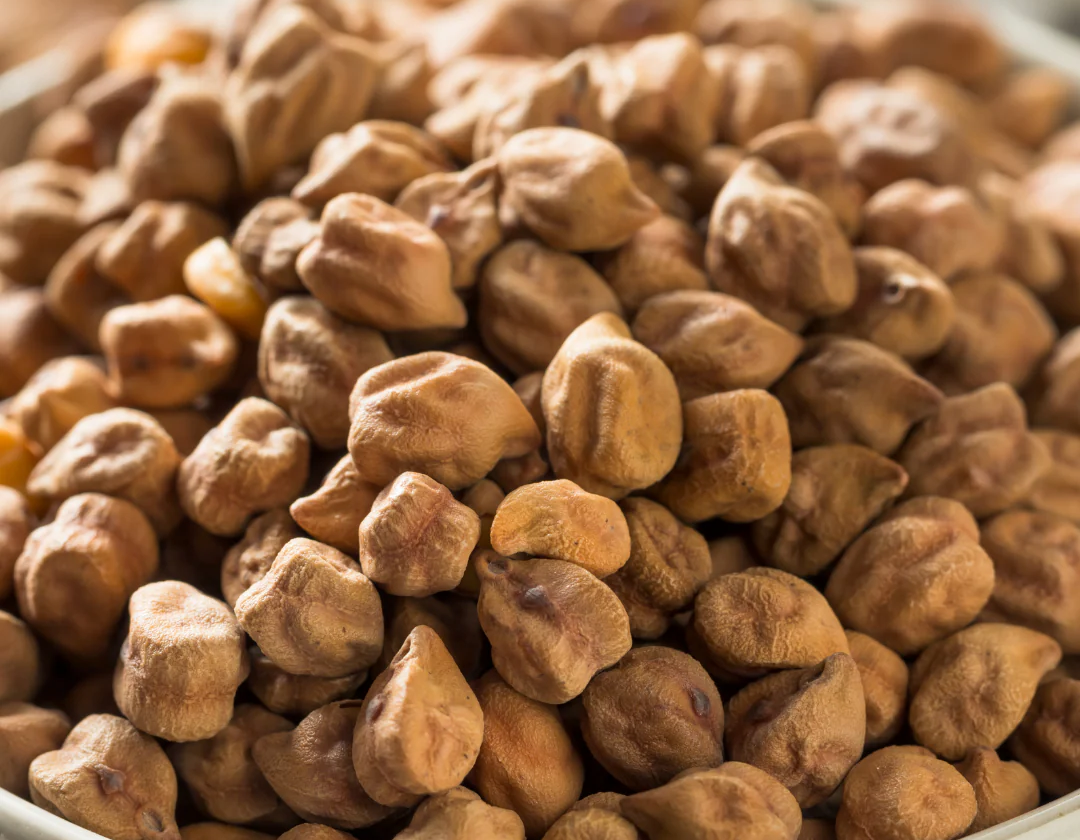



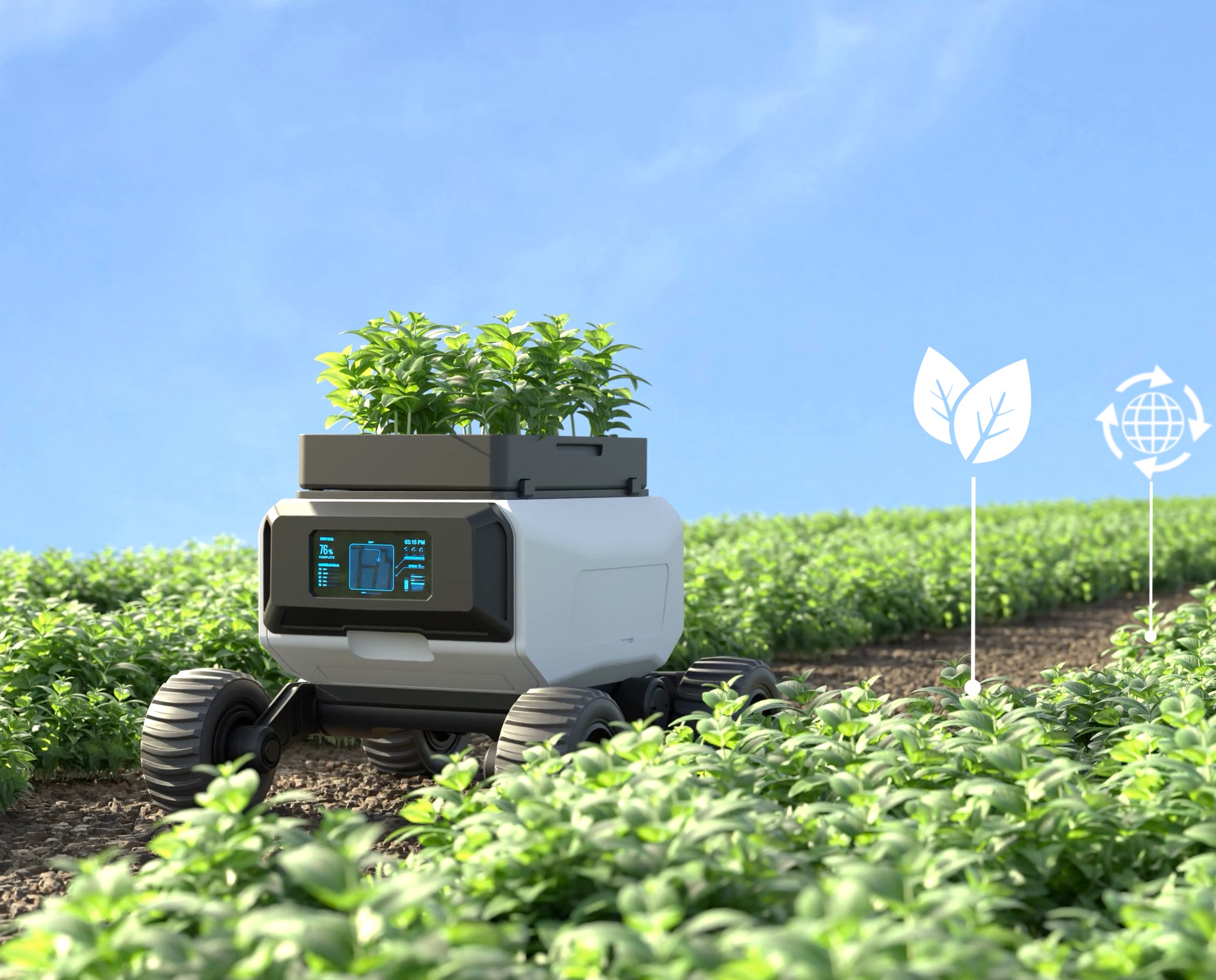

 Connect With Us
Connect With Us